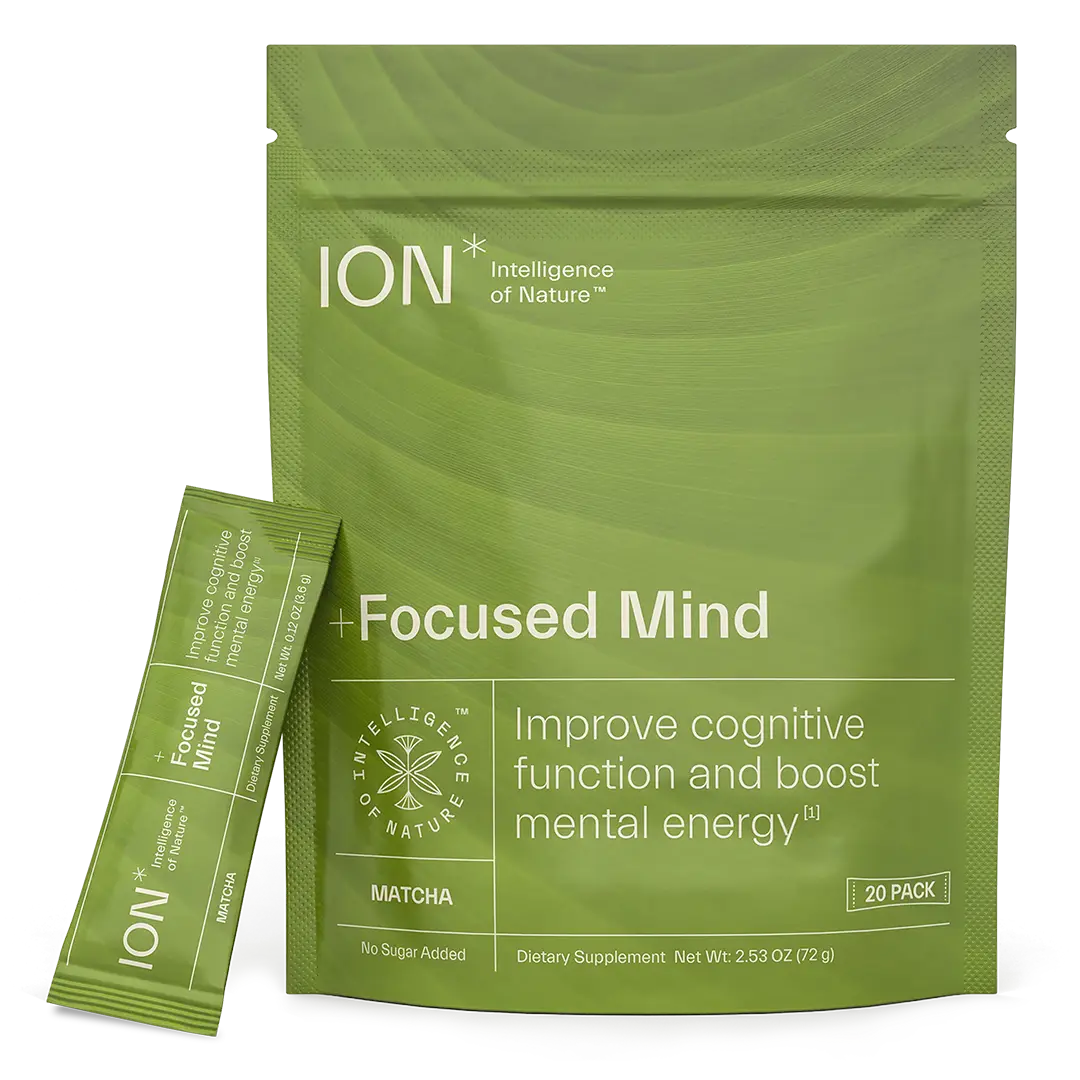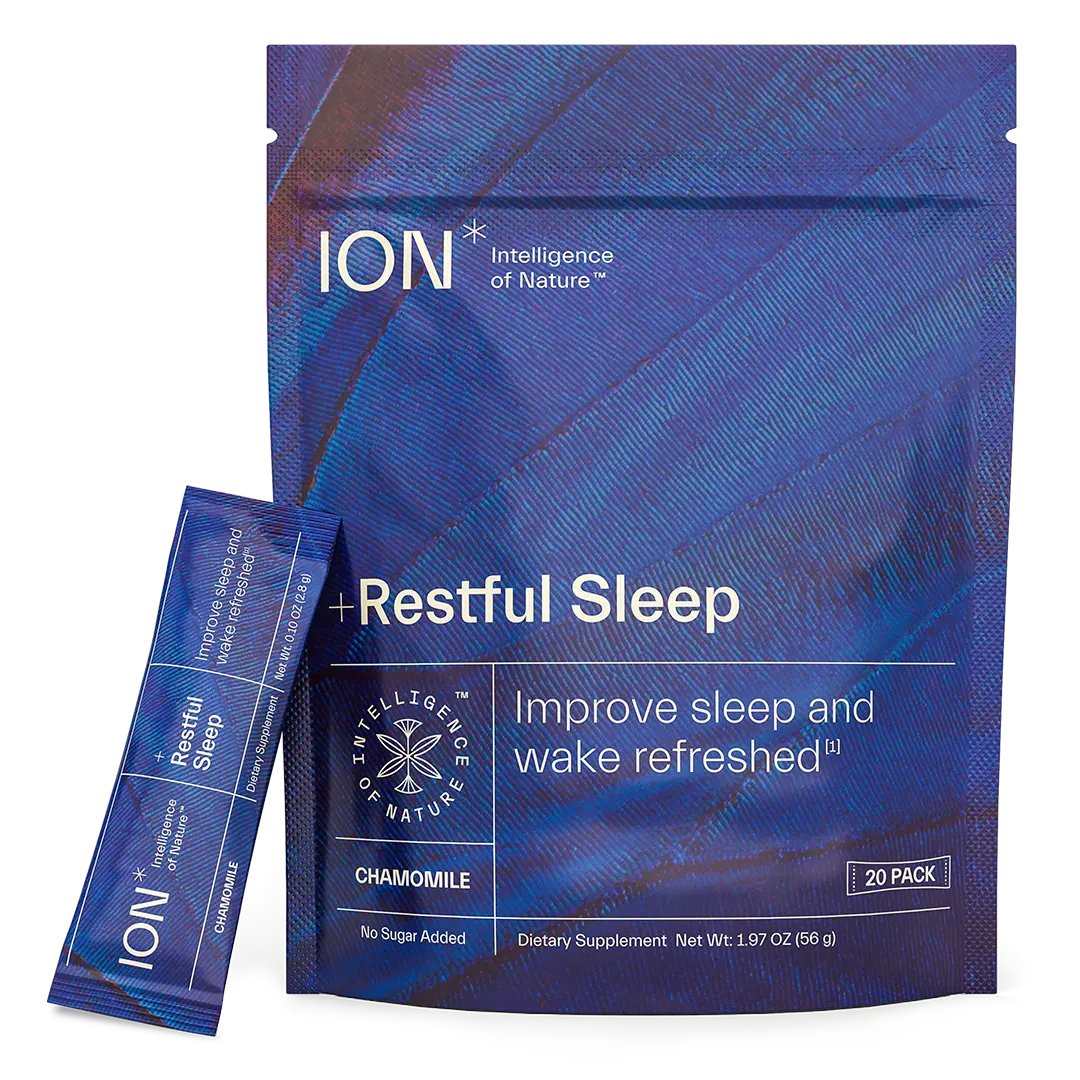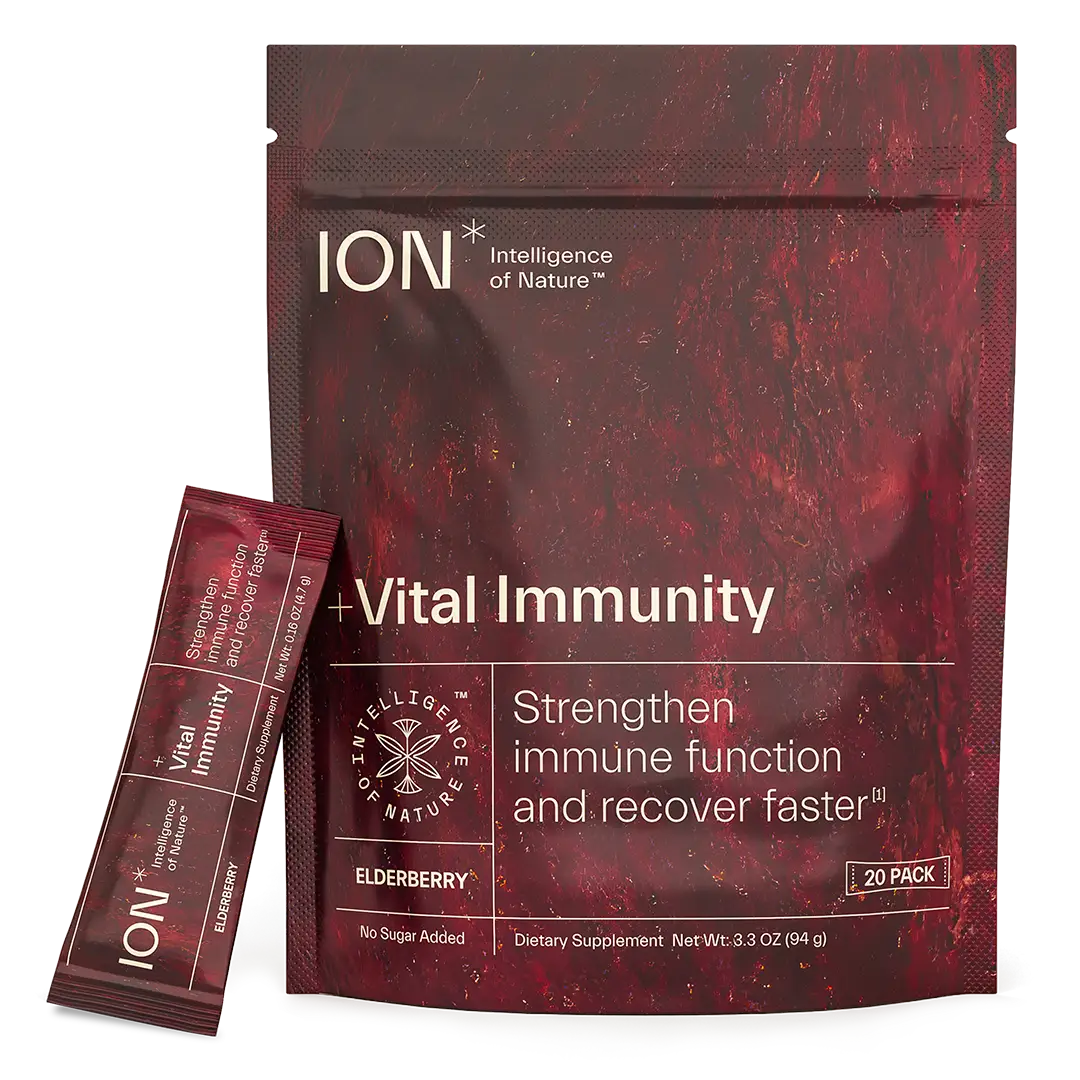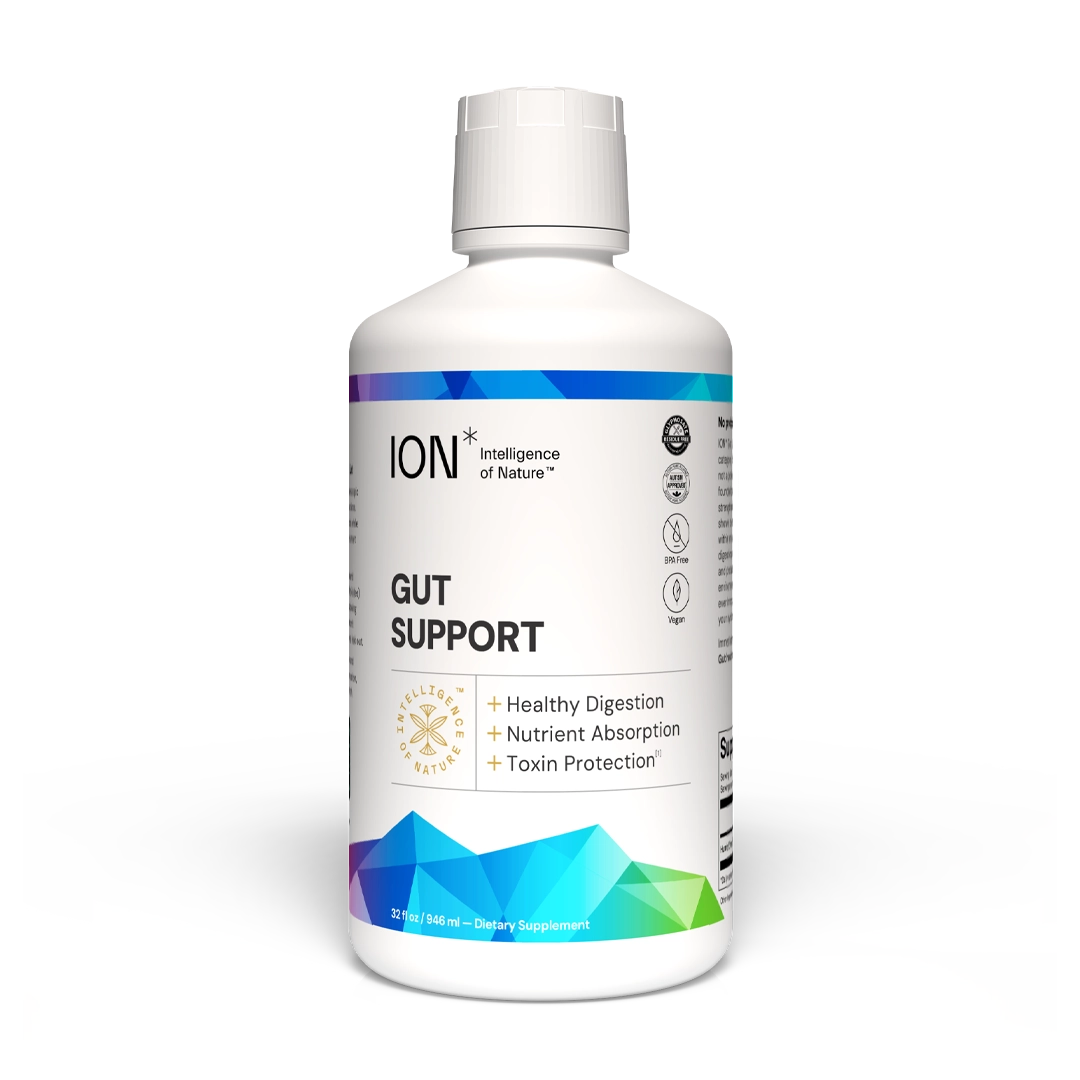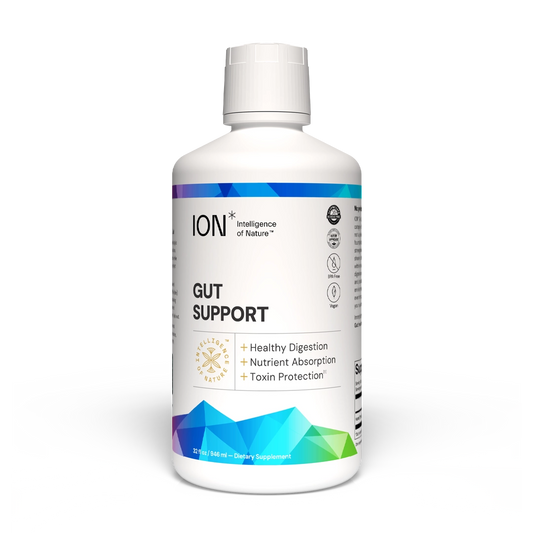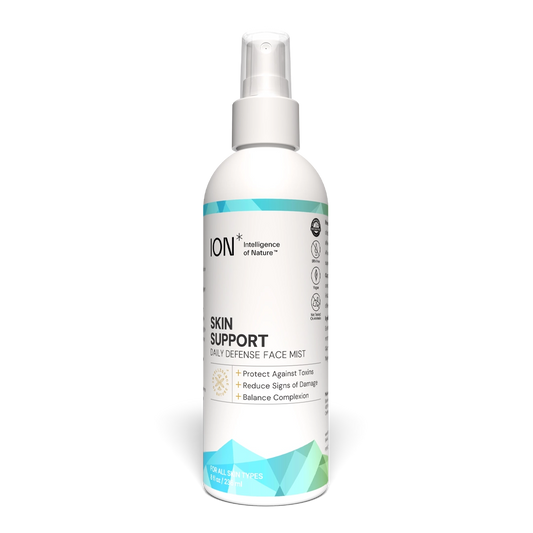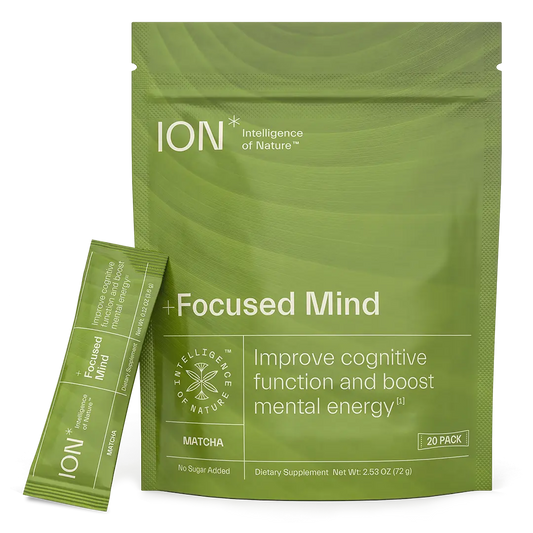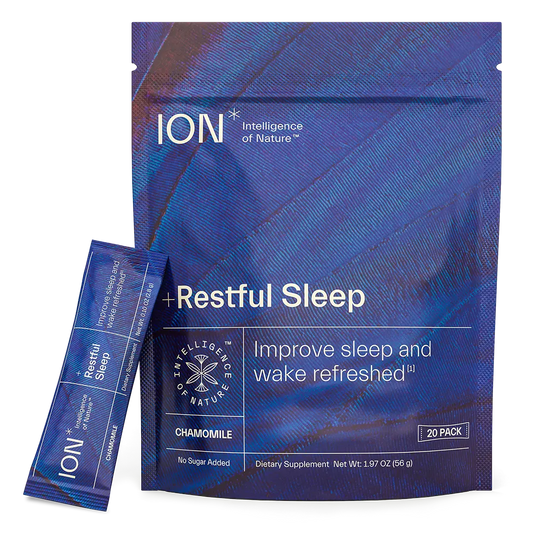
As I begin to write this, I am taking a deep calming breath, consciously empowering myself to stress less. During this global health crisis, I am constantly considering how to keep my family, my friends, and myself healthy. As I breathe out, I am letting go of some of my stress…because that is something I can do for my health right now.
Understanding how stress impacts the immune system, recognizing early signs of stress, and knowing these easy methods to relieve stress naturally are great ways to support your immune system and stress less overall!
Stress and the Immune System
So, what is the relationship between stress and the immune system? Research has demonstrated time and time again that stress exposure increases the likelihood of developing disease, as well as exacerbating preexisting conditions1. Chronic stress is typically associated with suppression of the immune system, including impaired responses to infectious disease and delayed wound healing. Recent work suggests that stress and depression can increase production of proinflammatory cytokines, substances that regulate the body's immune response to infection and injury2. The cost of stress in the workplace also drains the US budget, resulting in healthcare costs of around $190 billion per year.
"The cost of stress in the workplace also drains the US budget, resulting in healthcare costs of around $190 billion per year."
This represents between 5% and 8% of the total national healthcare spending3.

Signs of Stress: Recognize the Indications Early
When I’m stressed, I become exhausted more quickly and I can feel the tension in my body. But stress impacts everyone differently. You may experience headaches, irritability, increased or decreased eating, trouble concentrating, memory problems, difficulty sleeping, and/or mental health problems (such as panic attacks, anxiety disorders, and depression). Stress can also appear outwardly as acne or other skin problems. Internally, muscles and joints may ache especially in the neck, shoulder, and back. Your heart rate and blood pressure may be higher. Some of us may have a nauseated stomach or heartburn.
These can all be signs that you should start working on reducing your stress. Here are six of the easiest ways to reduce stress naturally, that you can start right now.
How to Relieve Stress Naturally and Boost Immune Health
-
Meditate:
Meditation brings short-term stress relief as well as lasting stress management benefits. You can take a few minutes to practice mindfulness, which involves being in the moment. When you're focused on the here-and-now, you worry less about the future. -
Focus Breathing:
Just focusing on your breath or changing the way you breathe can immediately reduce stress levels. Certain breathing techniques can calm your body and your brain in just a few minutes. -
Create Artwork:
If you aren't into drawing or painting, consider a coloring book. One study found that anxiety levels decline in people who were coloring complex geometric patterns, making it a perfect outlet for stress reduction4. -
Eat a Balanced Diet:
Emotional eating and reaching for high-fat, high-sugar foods can provide you temporary sense of relief, but it can also add to your long-term stress. A balanced, diverse diet is a powerful tool to reduce stress naturally. -
Express Gratitude:
Gratitude helps you reverse stress and recognize all the things you have to be thankful for. Whether you're grateful for a sunny day or thankful you arrived at work safely, think about all the good things you have in life. Studies also show grateful people enjoy better mental health, lower stress, and a better quality of life5. -
Prioritize Exercise:
Physical activity is also key to managing stress and improving mental health. Get your blood flowing by any means possible.
So, as we all take precautions to avoid potential health threats, let’s all stress less and reap the benefits to our immunity. In addition, ION* Gut Support is shown to not only boost immune function, but to increase available lysine in the gut, an essential amino acid that improves the functions of the intestinal barrier while decreasing oxidative stress6.
We are all in this together; let’s try to not to worry ourselves sick, for health’s sake!
Happy microbiome everyone!
Matt Bednar, PhD
Bringing science out of the lab and into your life
References:
- Curr Opin Psychol. 2015 October 1; 5: 13–17. doi:10.1016/j.copsyc.2015.03.007. (Current Directions in Stress and Human Immune Function, Jennifer N. Morey, Ian A. Boggero, April B. Scott, and Suzanne C. Segerstrom)
- Robles, T. F., Glaser, R., & Kiecolt-Glaser, J. K. (2005). Out of Balance: A New Look at Chronic Stress, Depression, and Immunity. Current Directions in Psychological Science, 14(2), 111–115.
- Goh, J., Pfeffer, J., & Zenios, S. A. (2015). The relationship between workplace stressors and mortality and health costs in the United States. Management Science, 62(2), 608-628.
- Art Therapy: Journal of the American Art Therapy Association, 22(2) pp. 81-85 © AATA, Inc. 2005. Can Coloring Mandalas Reduce Anxiety? , Nancy A. Curry and Tim Kasser
- Personality and Individual Differences, Volume 141, 15 April 2019, Pages 40-46. The relationship between dispositional gratitude and quality of life: The mediating role of perceived stress and mental health
- BioMed Research International, Volume 2018, https://doi.org/10.1155/2018/917190. Functions and Signaling Pathways of Amino Acids in Intestinal Inflammation
